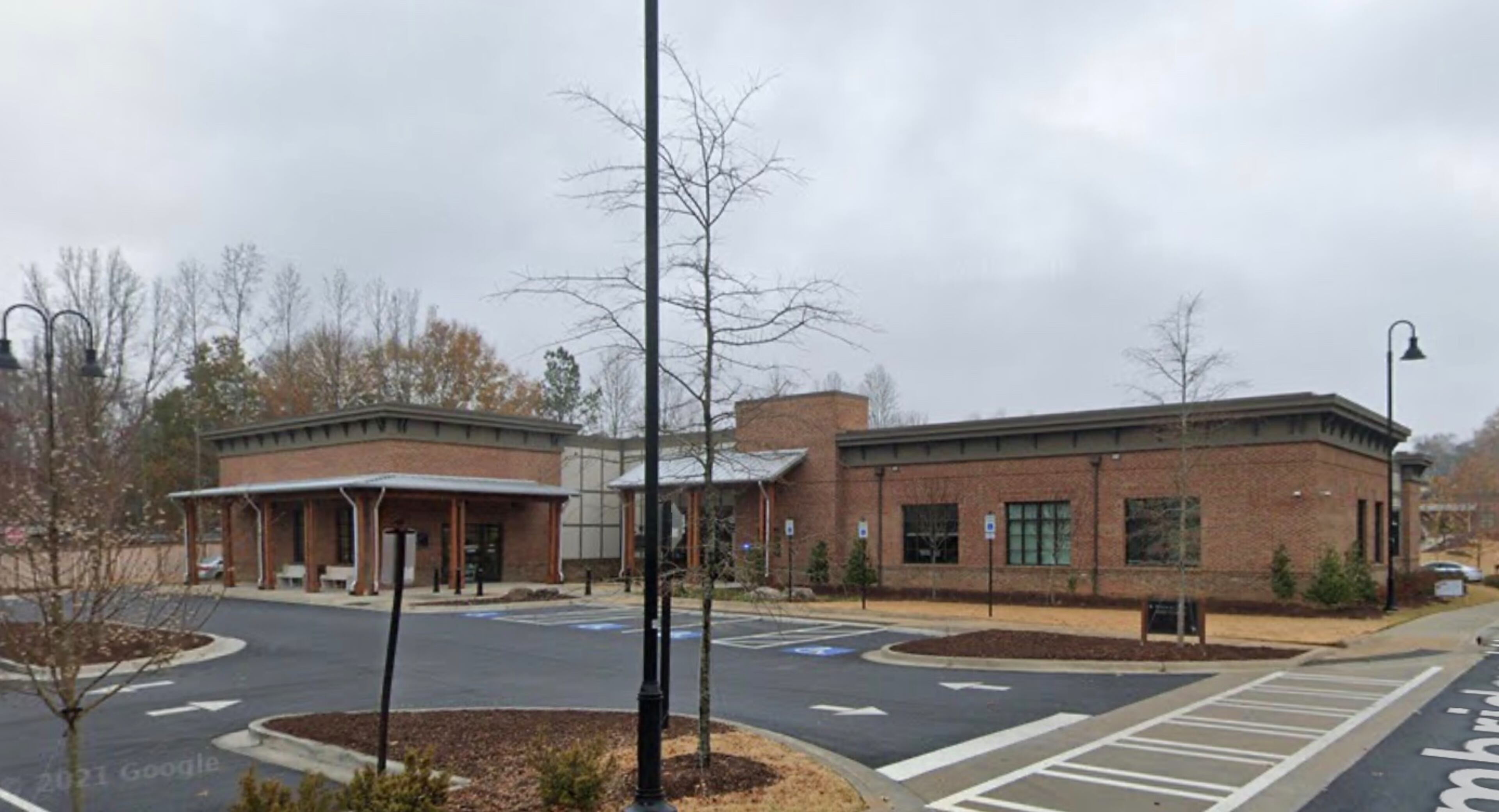Opinion | Working both sides of the bench: A judge’s tale

For years, fans of efficient government have advocated the concept of public-private partnerships. The idea is that having private world expertise injected into government helps smooth out bureaucracy.
There seems to be a fine example of this relationship in the Alpharetta Municipal Court, where the city’s former chief judge was allegedly able to work both sides of the bench and efficiently dispose of cases.
An investigation by the state’s Judicial Qualifications Commission (JQC) and a follow-up probe by Alpharetta found that former Chief Judge Barry Zimmerman represented criminal defendants before his own court and cooked up deals for them. At the time, Zimmerman worked as both a lawyer and a part-time judge.
This, um, arrangement went back to 2008 and occurred in at least six cases. The investigator said it would take lots of digging to uncover how widespread this was.
The allegations say this was a cozy relationship where Judge/Lawyer Zimmerman not only worked both sides of the bench, but was able to cut deals for his clients with the assistance of a longtime prosecutor, who Lawyer Zimmerman represented in a nasty family feud over money. The prosecutor, thanks to Zimmerman’s lawyerly work, prevailed in a legal battle against her two college-aged daughters in 2016 over their late father/husband’s pension.
Five of the six problem cases seem to have involved drugs or alcohol because the defendants were ordered to go to alcohol and drug evaluation as a part of their pleas. They also got fines and probation. Nobody pleaded guilty to DUI charges. They usually copped to a charge of reckless driving.
The city’s investigation started in July after the longtime judge suddenly resigned and an unsatisfyingly vague consent decree (sort of a plea agreement) between Zimmerman and the JQC was made public. City officials, not knowing what was up, called in attorney Randy Rich to sniff out something they thought smelled funny.
Rich, in his findings, spelled out the alleged sneakery: “The JQC theory appears to be as follows: Judge Zimmerman — who was . . . also a practicing attorney, would represent criminal defendants appearing before the Municipal Court of Alpharetta.

“Instead of removing the case from the Municipal Court of Alpharetta to the State Court of Fulton County, Judge Zimmerman would negotiate the case with Solicitor Fran McQueen (formerly Solicitor Fran Shoenthal), use attorney Keith F. Brandon as a ‘straw man’ defense attorney on a plea in absentia, and then have another Judge for the Municipal Court of Alpharetta sign the orders.”
Like I said earlier, efficient. Deceptively so.
The city has sent the case to the GBI and the Georgia Bar Association, as had the JQC earlier.
GBI spokeswoman Nelly Miles told me the agency received information about the case a year ago from the JQC. “We looked into it and at that point there was no criminal action.” She said the GBI got a new request for investigation from Alpharetta officials.
Rich, the investigator, wrote that “I am not a handwriting expert, but...” But he thinks a Sticky Note in the court files signed “Barry” has writing resembling signatures attributed to attorney Keith Brandon, Zimmerman’s so-called “straw man.”
Brandon, who shared office space with Lawyer Zimmerman, told the JQC the signatures on the plea deals are not his. But, he added, he has given people permission to sign his name on pleadings. I reached out to Brandon and he texted back, saying “there was no forgery” and that “this whole matter has been much ado about nothing, completely exaggerated and a great miscarriage of justice.”
McQueen would only say “there are some inaccuracies” in the report, declining to say what. She recently settled with Alpharetta for $100,000 after threatening an age and race discrimination lawsuit after she was replaced by a younger Black woman.
Zimmerman did not respond for comment but his lawyer, Lester Tate did. Tate once chaired the JQC and has carved out a niche as the lawyer of choice for judges in a pickle. He said the case has drawn lots of “mystery and speculation.”
“The optics of what (Zimmerman) was charged with is not good,” he said. “But an appearance of impropriety doesn’t mean it is criminal.”

Tate’s explanation paints a picture of an absent-minded Lawyer/Judge: Potential client comes into Lawyer Zimmerman’s office, says he’s in trouble. They start lawyer-client relationship until they conclude the case is in the jurisdiction where Lawyer Zimmerman is Chief Judge Zimmerman.
Oops.
Then, Tate continued, Zimmerman referred the cases to Brandon.
That is, of course, the same Brandon who told the GBI the signatures on pleas are not his.
Tate says the defendants in question didn’t get better plea deals in their cases.
“There’s no real showing those cases had outcomes any different than how other cases were handled,” Tate said.
In fact, he said if Judge Zimmerman and the prosecutor had a special working relationship, then the defendants would get harsher sentences.
Of course, if Lawyer Zimmerman and the prosecutor were simpatico, then government efficiency might rule.


